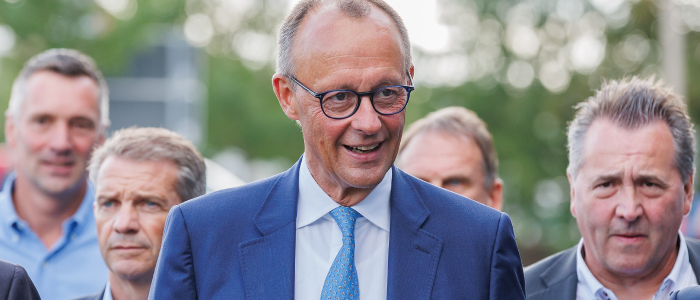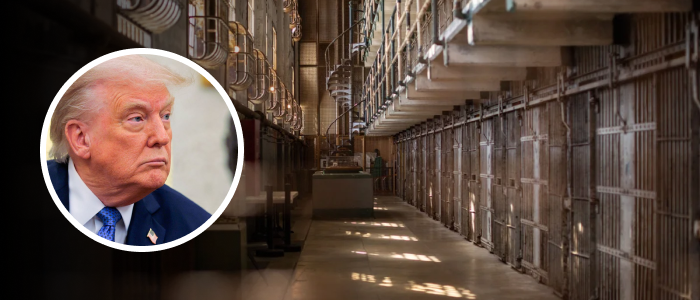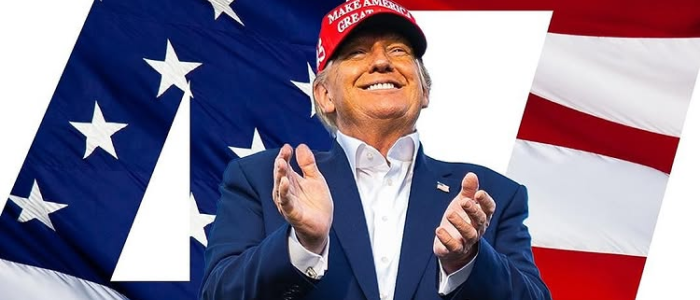So today is Monday again. We have had Eid on a Monday. Then Easter.
And now elections. Today is finally the end of the political meetings, advertisements, billboards from nowhere, templated end of term goodies, pre action letters, tit for tat, manifestos of intense and far reaching promises, last minute deals and sales, motorcades blocking our streets, graffiti on our walls and roads, persons in different colour jerseys waving and ordering us to vote particular parties. It is also a time of pausing, of the person to person incendiary political arguments.

Today, we go out to vote at the various sites. Later on tonight, we would hear the expert panellists debate, while the final results come in, and we find out the political party who will be setting up the government for the next five years. Various persons I have asked on the streets have said they are not sure the direction the results would go and that the marginals and the Tobago seats may determine the entire result.
Persons are discussing the various permutations and combinations of results and scenarios and how that would affect them at an individual and organisational level. This election may be an important pivot. No matter what the result, there would be significant change.
If the red party wins, the leader Stuart Young would reshuffle his Cabinet with some new faces. The yellow party will have to then consider removing its leader for fresh faces who could formulate a new plan of attack to win in the next five years. If the yellow party wins, Boards and CEOs could change.
The red party would have to have their internal elections to determine the path forward. Either way there would be changes at many levels in varying degrees. I see this change differently though.
To me, the elections determine some, but a lot of the template remains the same. I see elections as a wedding. It is a major change and a significant signpost, but the real factor is what happens in the marriage afterwards.
Some leaders are better than others. Some political parties are better than others. Some governments are better than others.
But the real change is to reverse the system and not be vulnerable to whether the government is better or worse, functional or not, progressive or regressive. We have to change the mindset to one where we understand that we are really the employers. We have to make our government work for us and not the other way around.
But although this change may be easy to do at an academic level, the real challenge is to convert it to action, at a practical and granular level. We already know the basics. Write to the editors in the newspapers.
Send comments on social media via websites, Facebook, Instagram. Make videos and memes and send them out via WhatsApp and other social media hoping they would go viral. Demonstrations and protests have their role.
Usually, they are reserved for trade unions and persons, as a last resort, who are trying to get salary increases. Walking in the hot sun protesting is not something most of us are keen to do but during the five-year marriage, it is an option to consider for having your impassioned voice heard. Online petitions are also a next item in the toolbox.
Probably one of the more effective tools is an expert advisory group who could advocate for your cause on a larger level. And this does not only have to be an expertise based specialty association. It could be your own community group or one or more townhouse compound groups, that can represent pockets of the population.
An extension of that is group collaboration. Whenever there is an overlap issue, of which there are many, one can connect with other similar groups or associated groups, combining to have larger numbers in unified voices. Social media is probably underused in this area.
Presently it is used to embarrass or to see how viral a post would go. It can be used more to advocate. This can be done especially targeting a particular issue or action to raise awareness (almost a mini public campaign) and ask the followers to flood the social media accounts of the organisation involved.
This must be continuous, relentless, and repetitive though, more than just a nine day wonder. Influencers can also be used. Ask Kyle and Ro’dey to advocate for your cause.
Another tool is the electronic media themselves setting up voice of the people programmes or having some space on prime time news, protected, for feedback from the people. Media as the Fourth Estate, have to also initiate fixed pathways for advocacy groups to be heard. The general stance though has to be one of repetitively and continuously being “in their faces”.
Go contact the MP or your councillor or minister at least once weekly via phone call, emails or directly in their office. Warm that bench. Force them to hear your story, see your reality.
When surrounded by other politicians, supportive employees, and party members, it is sometimes easier to play the game, act out the drama and not see the people who you represent. It is easy to forget why you were supposed to be there. The real true work of the five-year marriage, after the wedding today, is to make sure the winners see, remember, listen, and represent.
Dr Joanne F Paul is an Emergency Medicine Lecturer with The UWI.
Politics

Election Monday

So today is Monday again. We have had Eid on a Monday. Then Easter. And now elections. Today is finally the end of the political meetings, advertisements, billboards from nowhere, templated end of term goodies, pre action letters, tit for...















